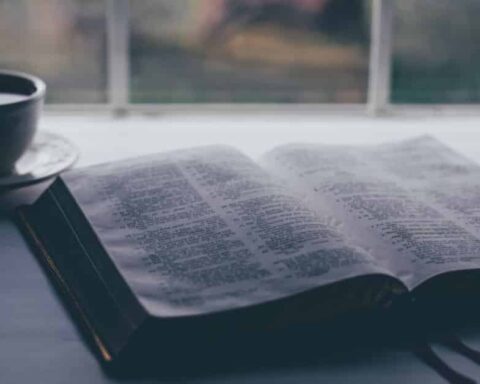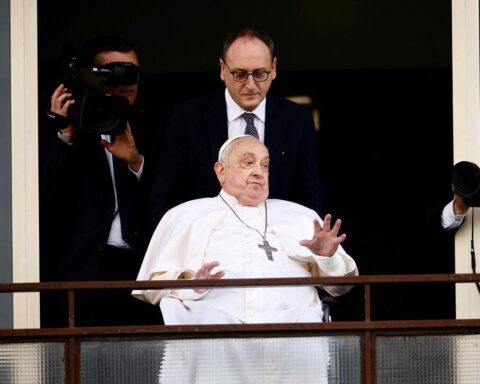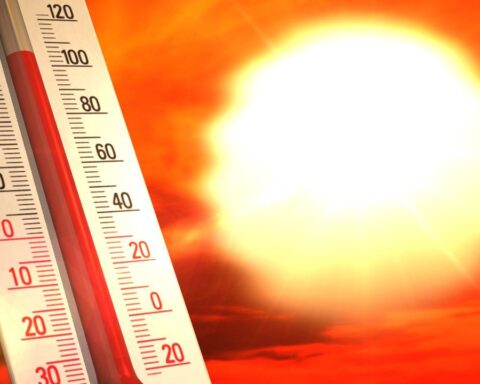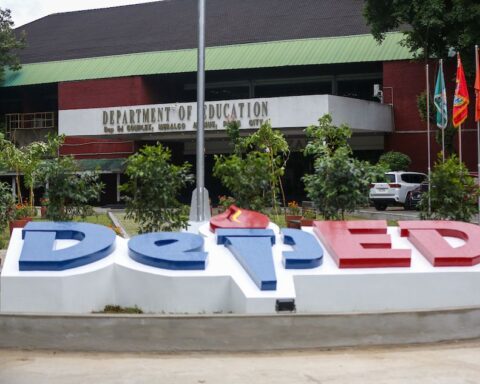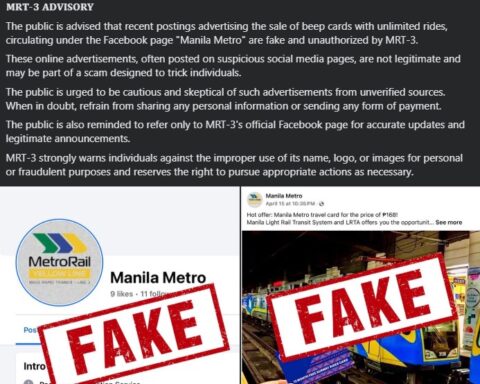It seems that all anti-corruption laws are mere pieces of legislation effective only against the ordinary mortals – not against the powerful politicians who continue to empty government coffers under many guises to make their thievery appear legal. They are the trailblazers of corruption. This ingrained habit of greedy politicians has produced millions of hungry people. In fact, the Philippine Orphanage foundation in its publication this year under the heading “poverty,” reported: “Widespread corruption in Filipino politics and business prevent social mobility and growth. Power is concentrated among influential families and connected individuals, leaving poor people with few opportunities to better themselves…”
This observation is echoed by the Catholic Bishops’ Conference of the Philippines saying: “political dynasties breed corruption and ineptitude” because political power is monopolized by political dynasties. The dominance of powerful families has also allowed politicians facing corruption charges to get elected to public office.” Worse, they are addressed collectively as “Honorable.”
These corrupt and exploitative politicians break the cultural norms of society. They promote the culture of vote buying, especially from the poor sector who feel that they have the right to auction off their precious votes during elections to the highest bidder to earn extra money to buy their daily necessities – and believing that by doing so they can get even with politicians who have enriched themselves in office at their expense.
Corruption has crept practically in all branches of the government. According to Wikipedia, the Free Encyclopedia, “Corruption in the Philippine judicial system is also a major problem. Bribery and irregular payments in return for favorable judicial decisions are quite common. Although judicial officials are independent by law, rich and powerful groups and individuals wield control and influence over the judicial system and influence the outcomes of civil and criminal proceedings… The Philippines suffers from many incidents of corruption and crime in many aspects of civic life and in various sectors. Such corruption risks are rampant throughout the state’s judicial system, police service, public services, land administration, and natural resources.”
In fact, the Philippines is now ranks number 115 in Transparency Global corruption index and 67th out of 127 countries in the 2024 edition of the Global Hunger Index (GHI) by Concern Worldwide, Welthungerhilfe, and Institute for International Law of Peace and Armed Conflict, after scoring 14.4 out of 100 — a “moderate” level of hunger. The latest SWS survey also showed that “Compared to December 2023, hunger rose by 1.6 points, from 12.6 percent.” The same survey rates hunger in Metro Manila at 19 percent or an increase of 6.3 percent from 12.7 percent in December 2023.
Many anti-corruption laws have been enacted, to name few: RA 3019 – An Anti-graft Corruption Act of 1960; RA 6713 – Republic Act 1989 – the law that establish a set of ethical standards and guidelines for public officials and employees; The Ombudsman Act of 1989, which declares the policy of the state to maintain honesty and integrity in the public service and take positive and effective measures against graft and corruption; Republic Act 1379 – An Act declaring forfeiture in favor of the state any property found to have been unlawfully acquired by any public officer or employee and providing for the proceeding therefor; and Republic Act 7080 – also known as the Plunder Law, which was passed in 1991. The law defines the crime of plunder committed by public officials who amass ill-gotten wealth of at least 50 million pesos. All these laws are mere paper tigers against the power wielding politicians! They have passed the law by engaging the services of “expert” lawyers who believe in Russian proverb: “When money speaks, the truth keeps silent.”
Only the petty thieves are incarcerated in one of the most congested prison systems in the world with an overall occupation rate for pre-trial jails reported at 322 per cent that ranks close to the congested jails of the Democratic Republic of Congo, Haiti and Uganda in terms of overcrowding. (source July 14, 2024, report of UN News Global Perspective Human stories).#

